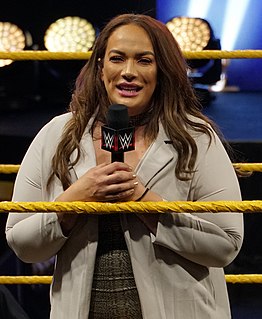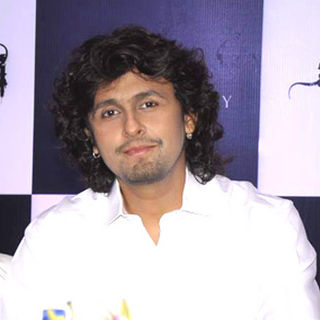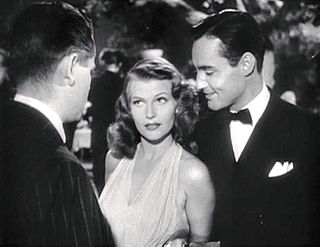A Quote by James Joyce
He asked himself what is a woman standing on the stairs in the shadow, listening to distant music, a symbol of. If he were a painter he would paint her in that attitude. Her blue felt hat would show off the bronze of her hair against the darkness and the dark panels of her skirt would show off the light ones. Distant Music he would call the picture if he were a painter.
Related Quotes
Oh there's so many, but the one that I would love to see, that I would love to go up against, is Beth Phoenix. I would love for her to return. It would be something for me, kind of like a a childhood thing, growing up seeing her being such a dominant woman. I would love for her to show up and be in the ring with her.
Before every show, I would call my mother and say, 'Mummy, I don't know how I will sing today.' But that would change as soon as I went on stage and would merge with my music. She is my best ally, and I don't want to lose her. Nobody other than her would be concerned if I had eaten or had oiled my hair. She is my queen.
If she were here I wouldn't be able to keep my hands off her. I would hold her so close she'd beg me to let her breathe. I'd kiss her so hard she'd plead for mercy. I'd unfasten her clothing and lie with her onthat hard bed, and what was between us would be as far above the ordinary congress between man and woman as the stars are above their pale reflections in the lake below.
She craved a presence beside her, solid. Fingertips light at the nape of her neck and a voice meeting hers in the dark. Someone who would wait with an umbrella to walk her home in the rain, and smile like sunshine when he saw her coming. Who would dance with her on her balcony, keep his promises and know her secrets, and make a tiny world wherever he was, with just her and his arms and his whisper and her trust.
I missed the sound of her shuffling her homework while I listened to music on her bed. I missed the cold of her feet against my legs when she climbed into bed. I missed the shape of her shadow where it fell across the page of my book. I missed the smell of her hair and the sound of her breath and my Rilke on her nightstand and her wet towel thrown over the back of her desk chair. It felt like I should be sated after having a whole day with her, but it just made me miss her more.
... there had been the two little boys. Now they were gone, too. They loved her and called her and sent her e-mails and would still snuggle up to her to be petted when they were in the mood, but they were men, and though they would always be at the center of her life, she was no longer at the center of theirs.
And for an instant he would remember Naples: sitting with Sasha in her tiny room; the jolt of surprise and delight he'd felt when the sun finally dropped into the center of her window and was captured inside her circle of wire. Now he turned to her, grinning. Her hair and face were aflame with orange light. "See," Sasha muttered, eyeing the sun. "It's mine.
They sat quietly together for a few minutes, Joe holding Fiona's hand, Fiona sniffling. No flowery words, no platitudes passed between them. Joe would have done anything to ease her suffering, but he knew nothing he might do, or say, could. Her grief would run its course, like a fever, and release her when it was spent. He would not shush her or tell her it was God's will and that her da was better off. That was rubbish and they both knew it. When something hurt as bad as this, you had to let it hurt. There were no shortcuts.
But her name was Esmé. She was a girl with long, long, red, red hair. Her mother braided it. The flower shop boy stood behind her and held it in his hand. Her mother cut it off and hung it from a chandelier. She was Queen. Mazishta. Her hair was black and her handmaidens dressed it with pearls and silver pins. Her flesh was golden like the desert. Her flesh was pale like cream. Her eyes were blue. Brown.
She didn’t understand why it was happening,” he said. “I had to tell her she would die. Her social worker said I had to tell her. I had to tell her she would die, so I told her she was going to heaven. She asked if I would be there, and I said that I would not, not yet. But eventually, she said, and I promised that yes, of course, very soon. And I told her that in the meantime we had great family up there that would take care of her. And she asked me when I would be there, and I told her soon. Twenty-two years ago.
If I had a daughter, I would tell her certain things. I would tell her that it’s great to be smart, really smart - that being smart makes you strong. I would tell her that emotions are powerful, so don’t be afraid to show them. I would tell her that some people may judge you on how you look or what you wear - that’s just how it is - but you should keep your focus on what you say and do. I would tell her that she may see the world differently from boys, and that difference is essential and good.






































